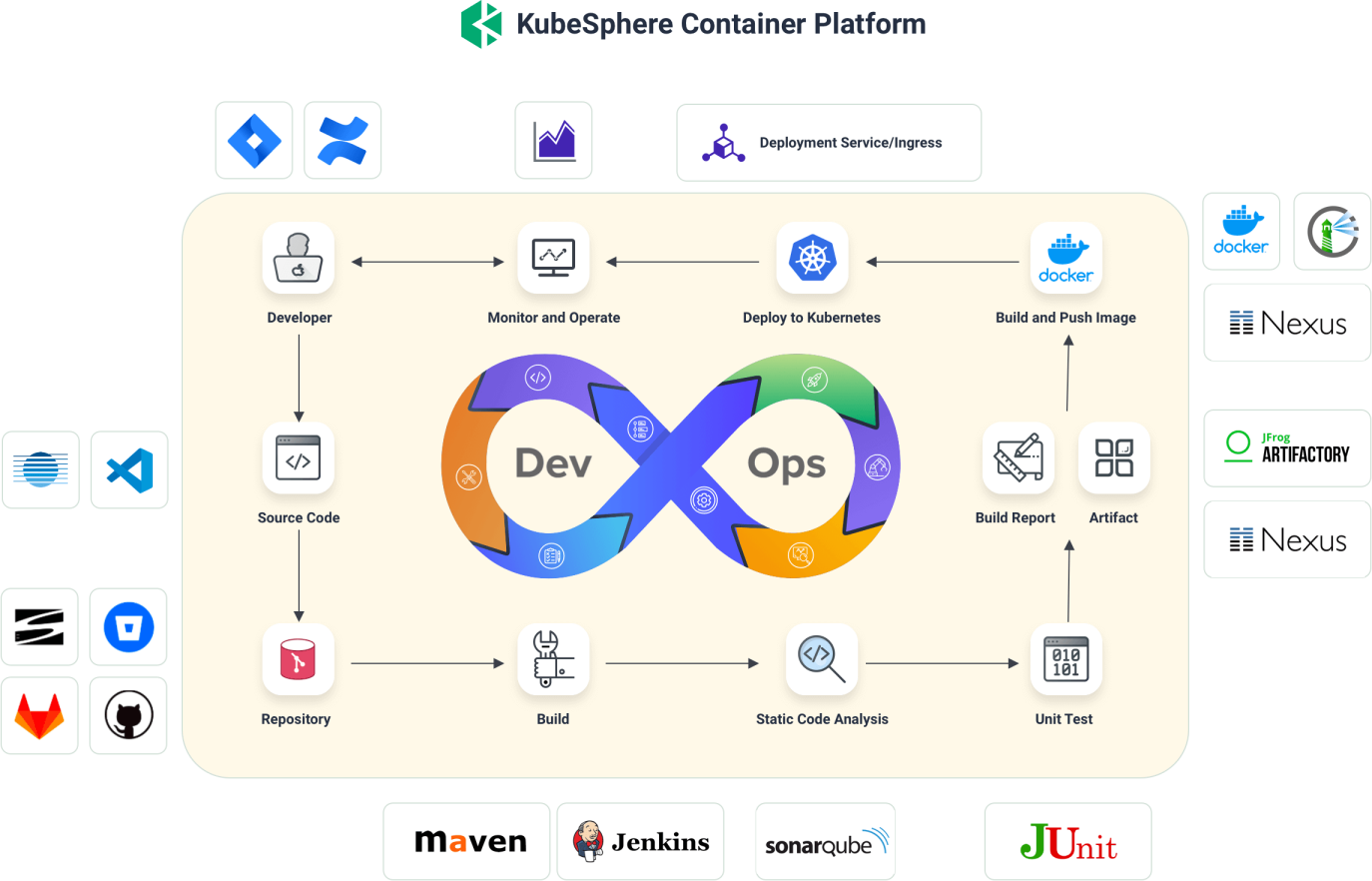

Kubernetes takes the containerization concept a notch higher. It has grown to be the de facto tool for orchestrating containers and running distributed applications. Kubernetes was launched by Google in 2014 but is now controlled by the Cloud Native Computing Foundation (CNCF). It automates the deployment, scaling, and management of containerized applications, such as those built using Docker. Kubernetes, usually stylized as K8s, is a popular open source platform for orchestrating containers. Reducing Enterprise Application Security Risks: This is where Kubernetes comes in to address most of those complexities. For example, it becomes difficult to scale numerous container instances, ensure smooth interaction between different containers, and coordinate and schedule containers. When several containers are deployed across several server environments, many problems arise.
Continous delvery workflowusing docker and kubernetes full#
It has greatly simplified the running of container applications.Īs containerized applications become gigantic and dynamic, it becomes difficult to operate and realize their full value. Though the concept of isolating environments is not new-and several containerization technologies were available prior to Docker’s launch-Docker has grown to be the de facto containerization platform in recent years.

Docker is distributed both as proprietary software (Enterprise Edition) and as open source software (Community Edition). Containerization is an innovative form of operating system virtualization that lets you package up code and all its dependencies as self-sufficient units, ensuring the application runs consistently across different computing environments.ĭocker, Inc. How Do You Ensure Container Security? What Is Docker?ĭocker is a popular platform that makes it easy to develop, deploy, and run applications as standalone, portable containers.


 0 kommentar(er)
0 kommentar(er)
